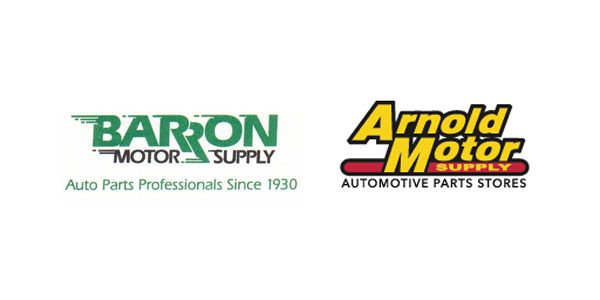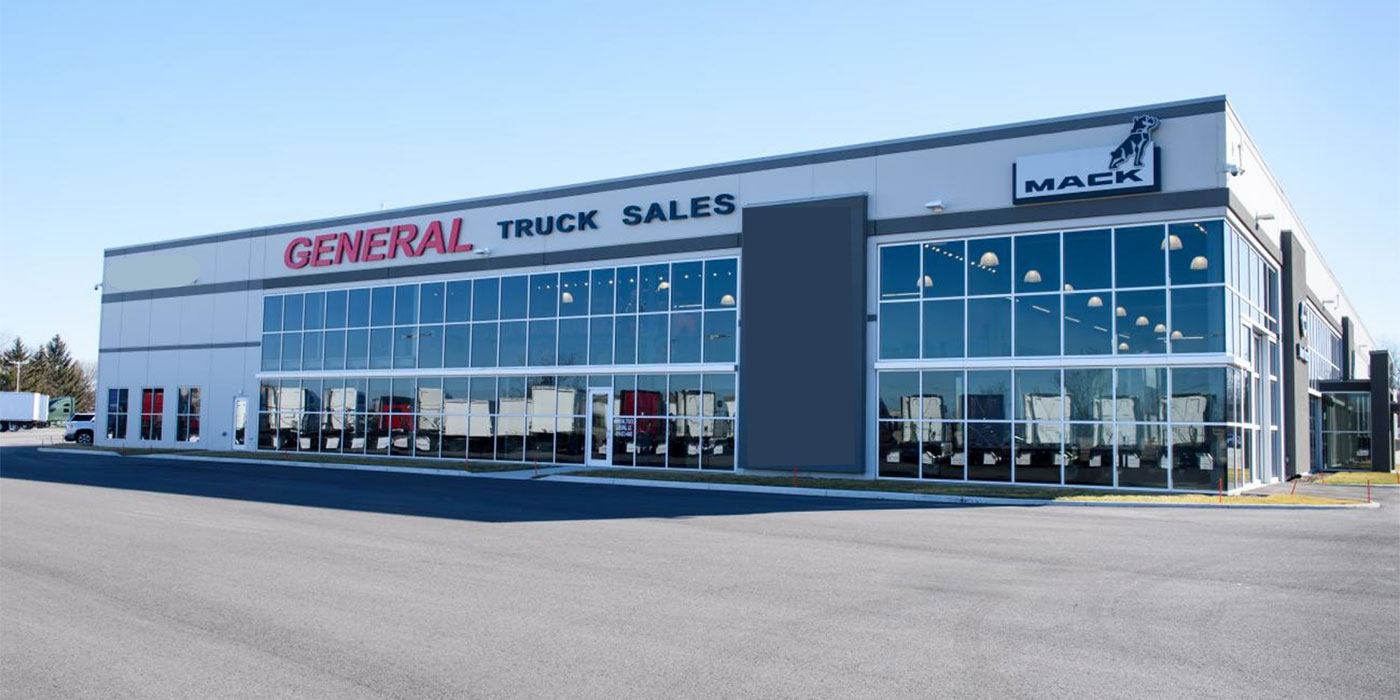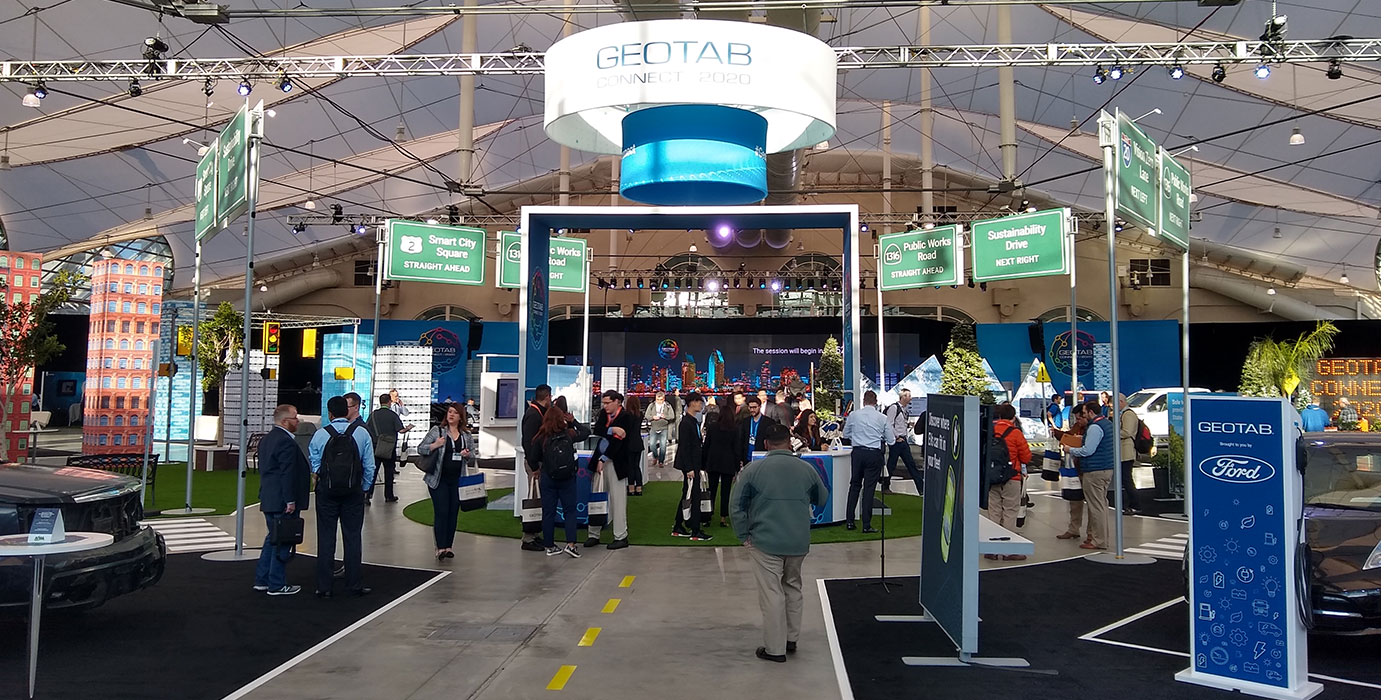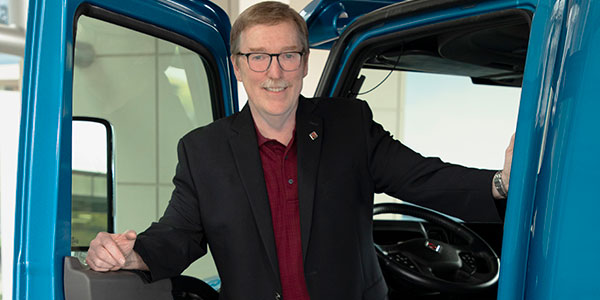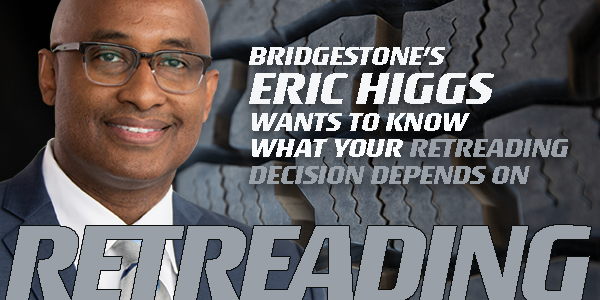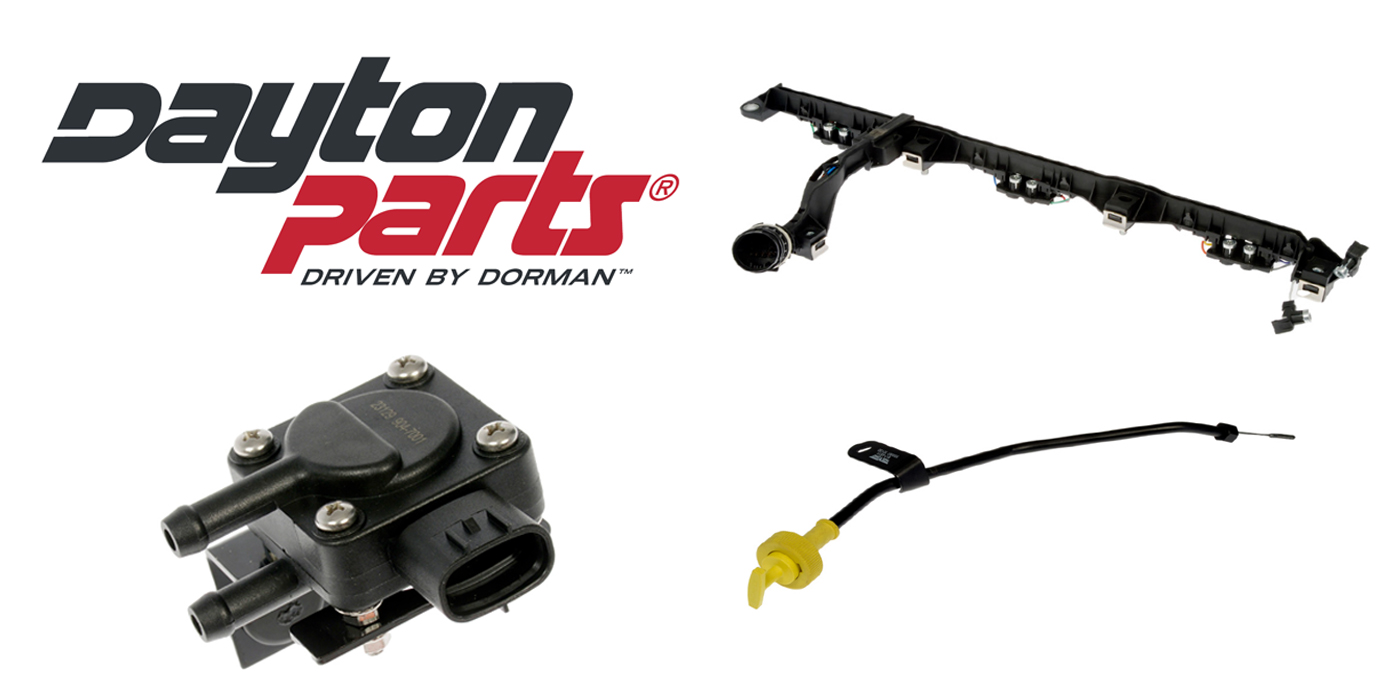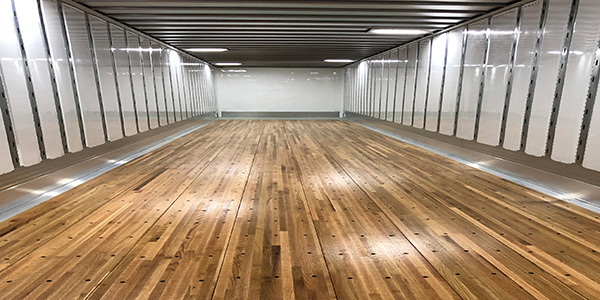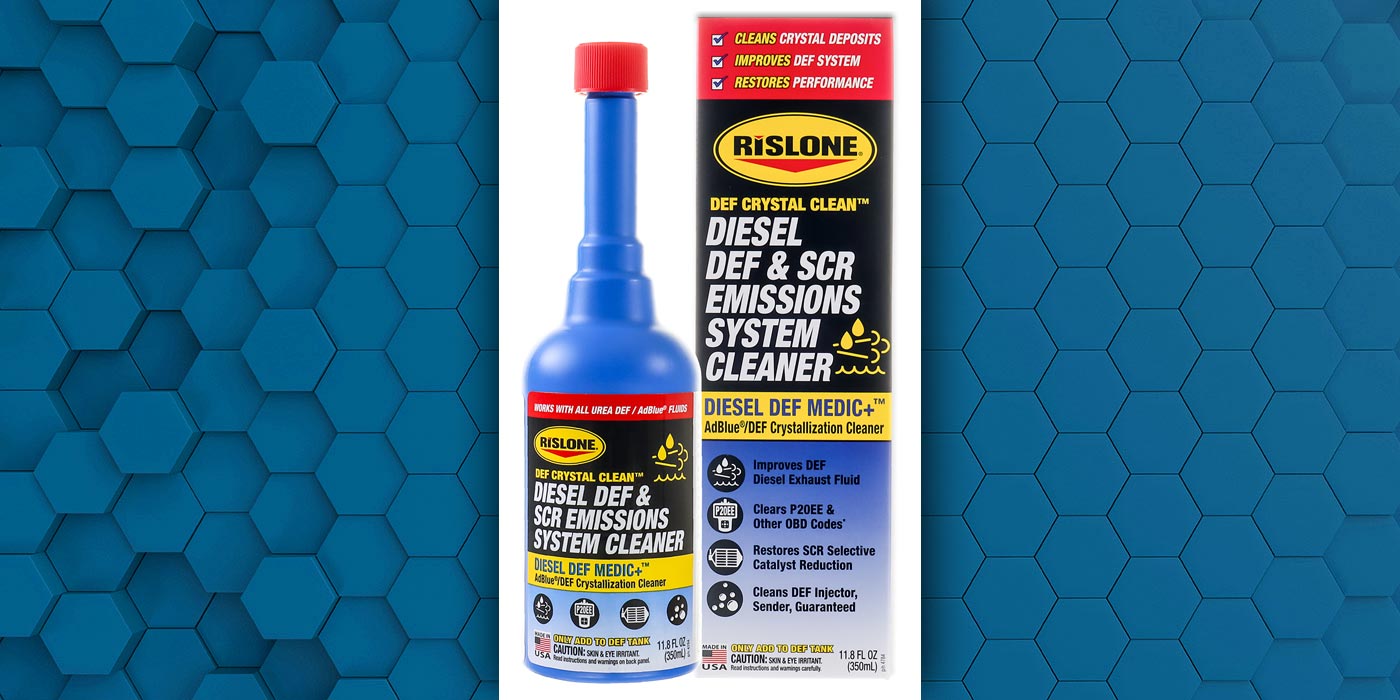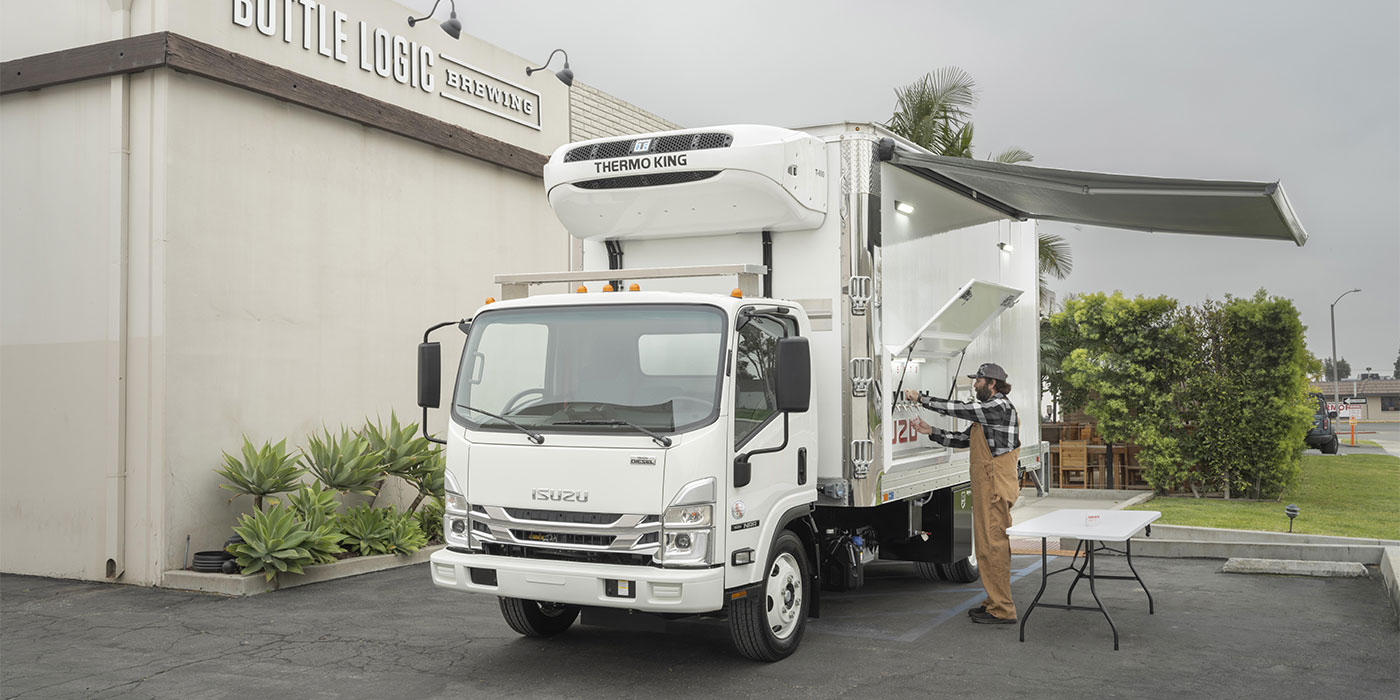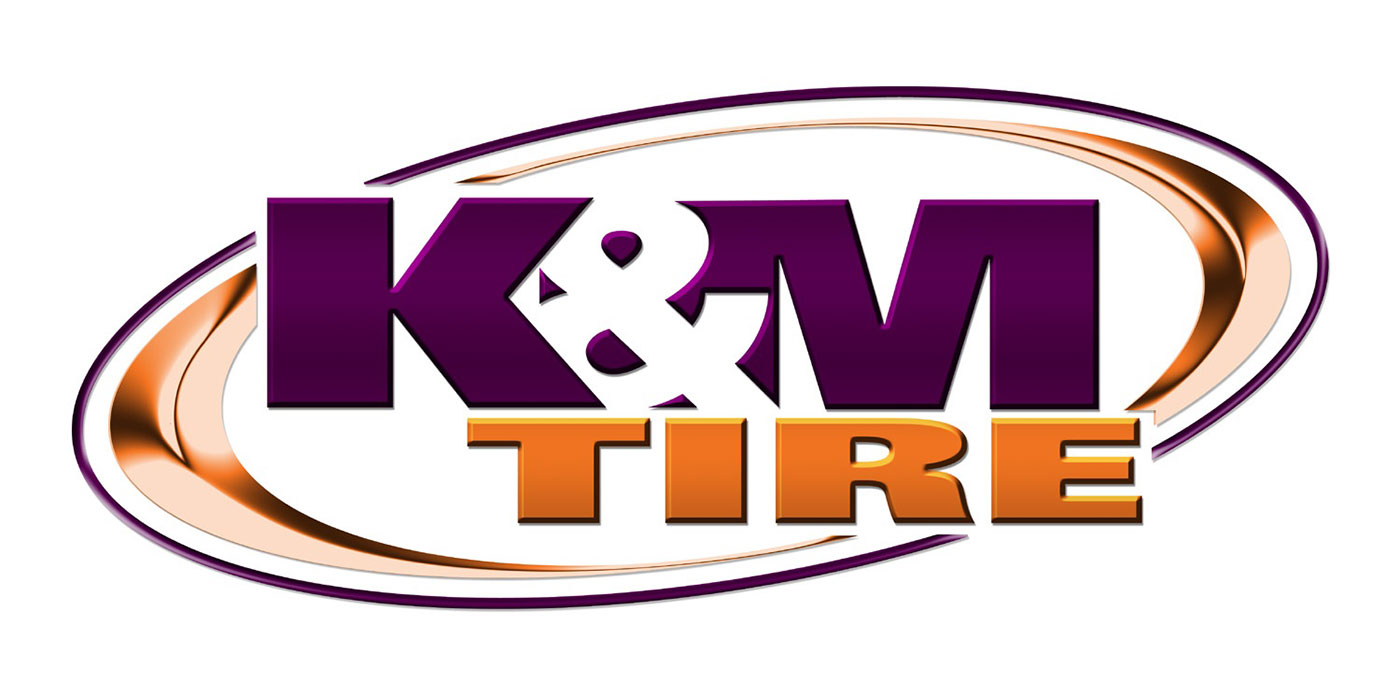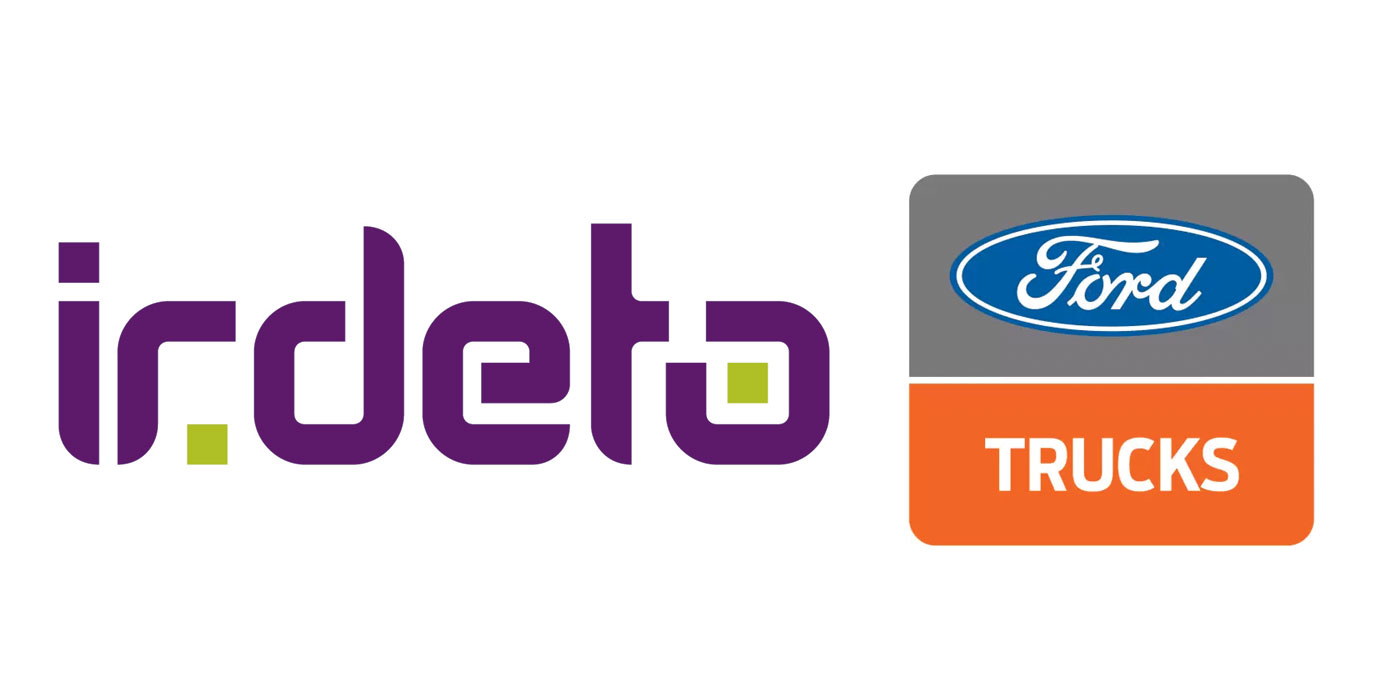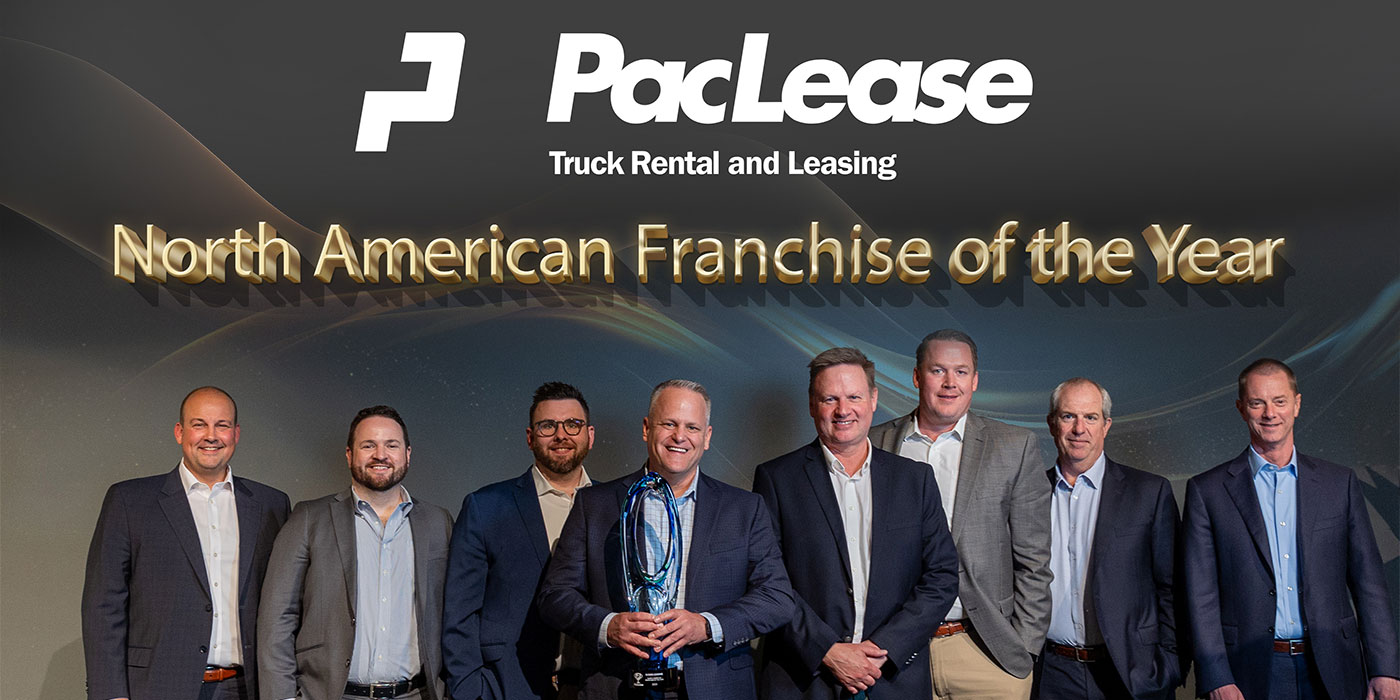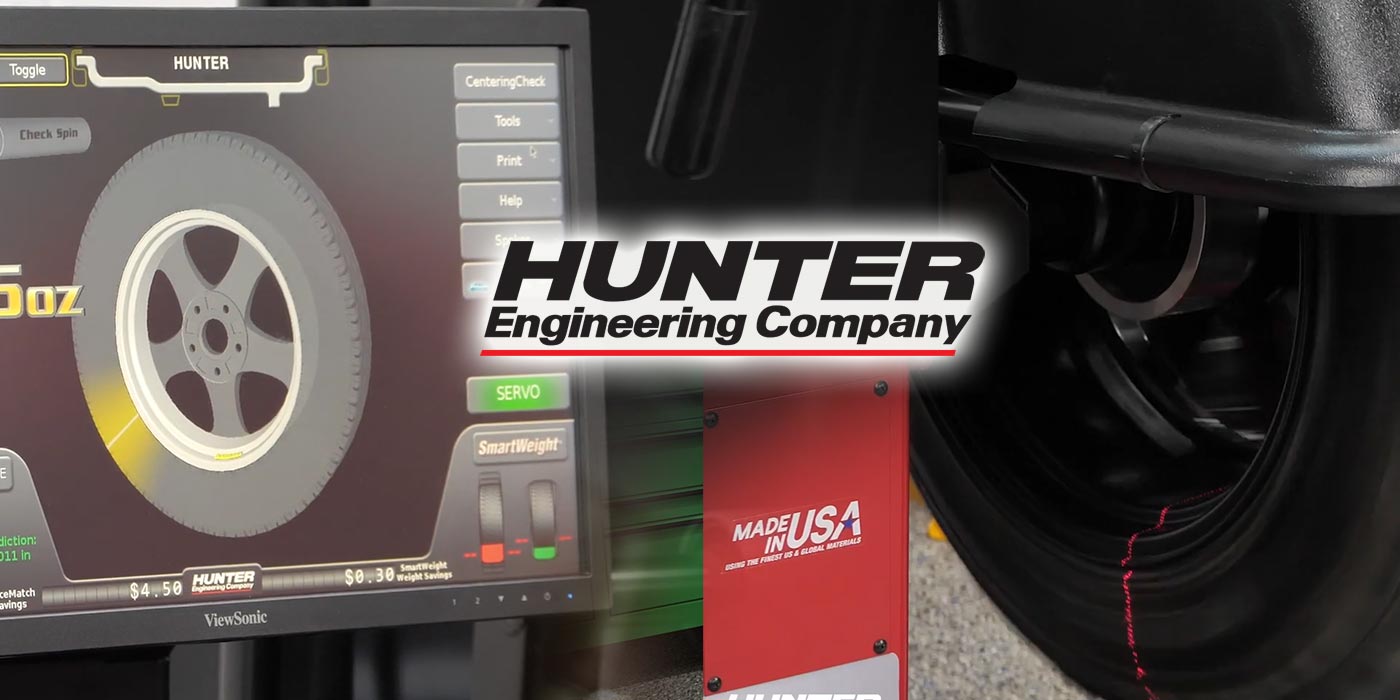If you were to ask someone which would be the tougher job managing a fleet of10,000 trucks or a fleet of five to ten, you might expect to be told that thebig fleet would be more difficult.
There’s a problem, however, with the question itself. You can’t really compare two jobs that are so dissimilar. It’s like comparing the proverbial apple and orange.
Managing a large fleet is certainly not an easy job. It’s a job that hasgenerated more than one ulcer. Small fleets, however, come with their own problems, which very often end up on the fleet manager’s desk because there are insufficient layers of management between the fleet shop and the manager’soffice. A good small fleet manager, however, can minimize the time he spendsputting out fires if he understands where many problems get generated and what can be done to prevent them in the first place.
A small fleet manager is always far more dependent on dealers than his large fleet counterparts, and because of that dependence the relationship between fleet and dealer should be cultivated. Too often there exists an adversarial relationship between the two, one frequently based on inaccurate perceptions.Both must understand the other party is in business to survive and make aprofit – a fair profit. Exactly what’s fair is often the source of problems.The fleet manager wants to buy at a low price. The dealer wants to sell at ahigh price. I’m not about to define what a fair profit is, but I am saying that both parties need to make money to survive, and to make money a small fleet needs the kind of support that a supplier can and should provide.
Many large fleets have engineers on staff that are as qualified to design trucks as their counterparts working for manufacturers and have the financial leverage to demand an audience. Small fleets never have such luxuries; they depend on their dealers, and those dealers need to be sufficiently familiar with their customer’s operations to be able to recommend the proper specifications those fleets need to minimize operating costs for a new vehicle.Dealer personnel are in a much better informed about product improvements,which might offer cost savings to fleets, but can only make meaningful recommendations if they understand their fleet customers’ operation. Fleet managers should always be able to depend on dealers for such information.
Technician training is another area that too often is neglected by small fleet seven though the need for training may be more critical for them than forlarger operations. Technicians in small fleets are usually called on to do awider range of repairs than their counterparts in large shops, since those inlarger fleets have the ability specialize in particular areas. As a result,small fleet techs need more input related to changes in technology. Usually there are some costs involved with technician training that can be a burden ona small fleet, but a burden that should be met. Both large and small fleetsneed to consider costs associated with technician training as an investment instead of an expense. It’s an investment that carries a payback in shopefficiency.
Replacement parts purchasing is another area in which larger fleets certainly have an advantage over their smaller rivals, but it’s also an area that can be addressed by fleet managers. Parts suppliers, like truck dealers, must understand that everyone needs to make a profit in order to survive. Good suppliers will work with fleets on both pricing and recommendations regarding brands that have delivered comparable service to more expensive brands. Just remember, the lowest price may not represent the best value. So when a salesrep stops in and says, “Hi, I’m your supplier, and I’m here to help you,” you don’t have to believe every word he says, but give him a chance. Remember, you need him.

